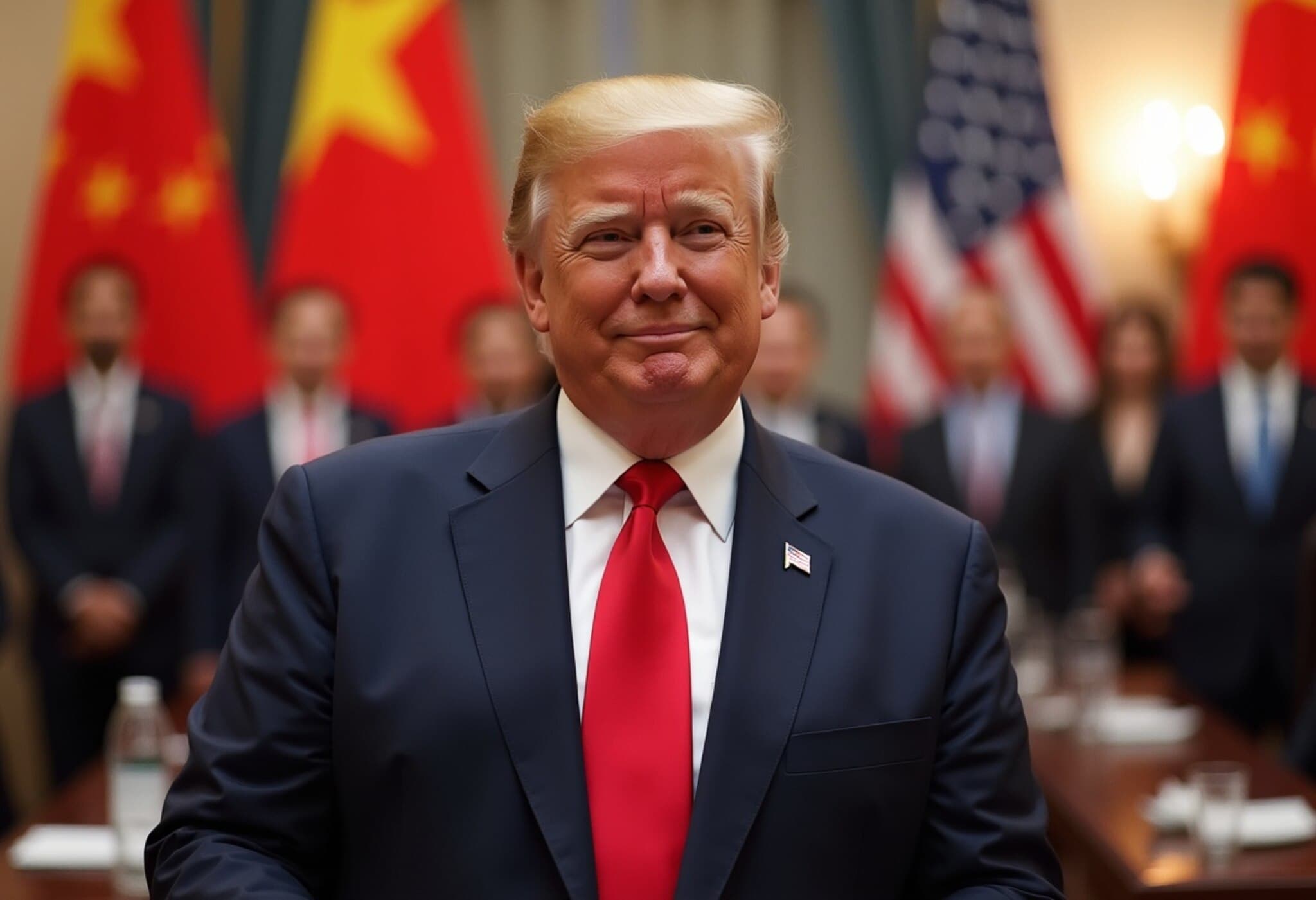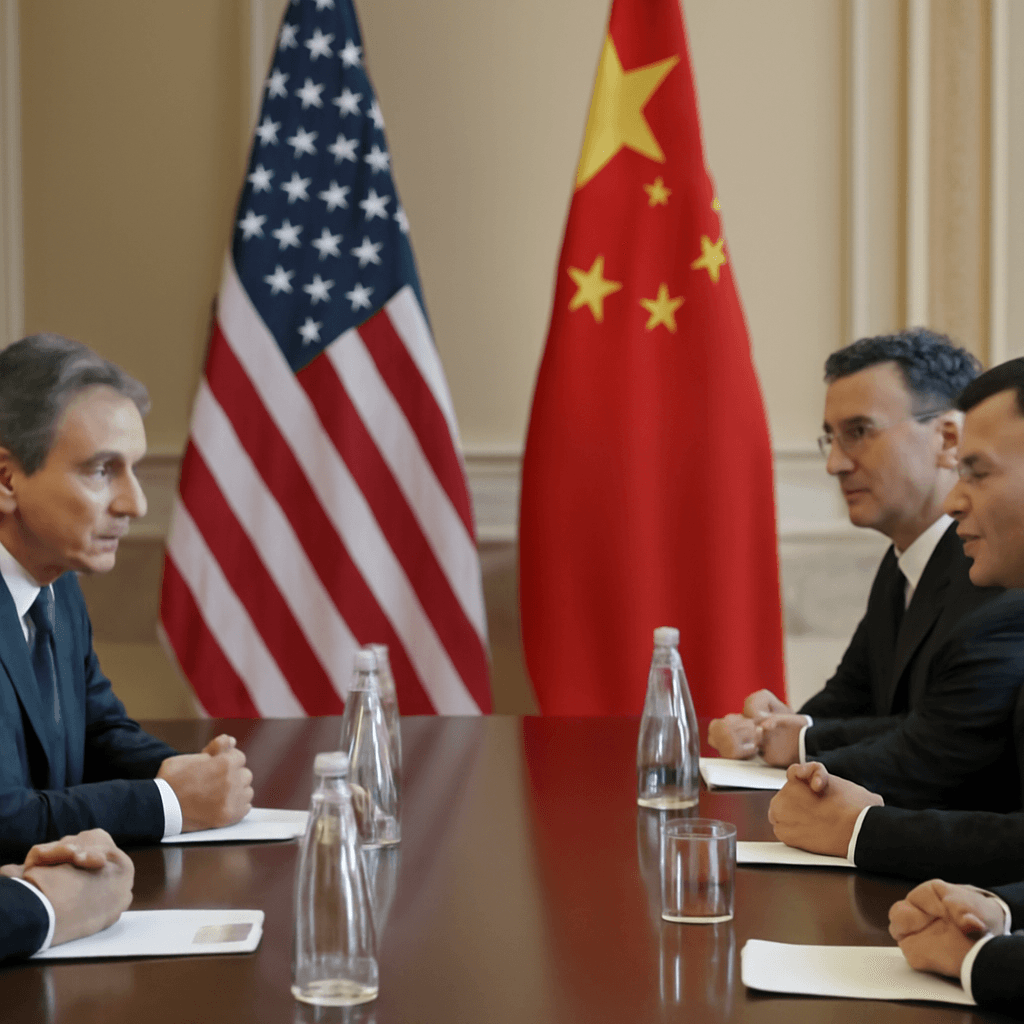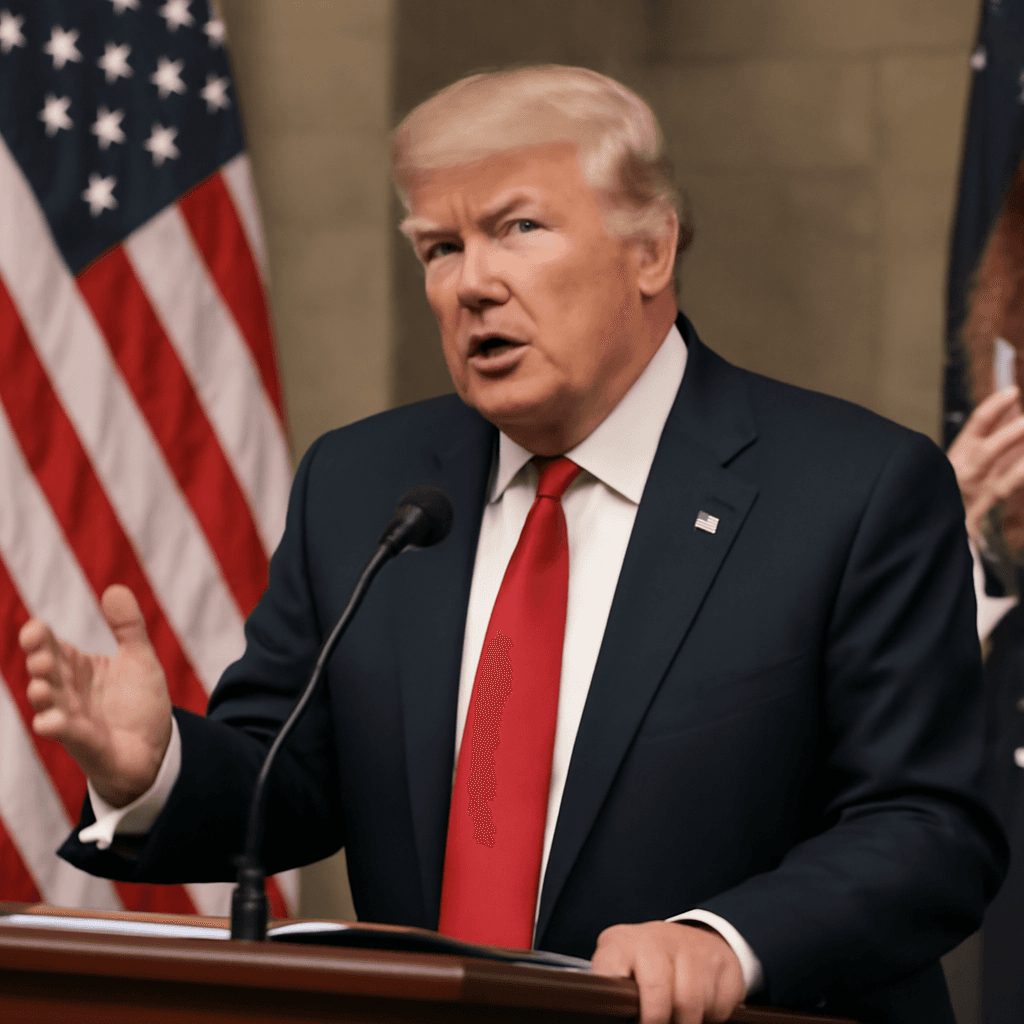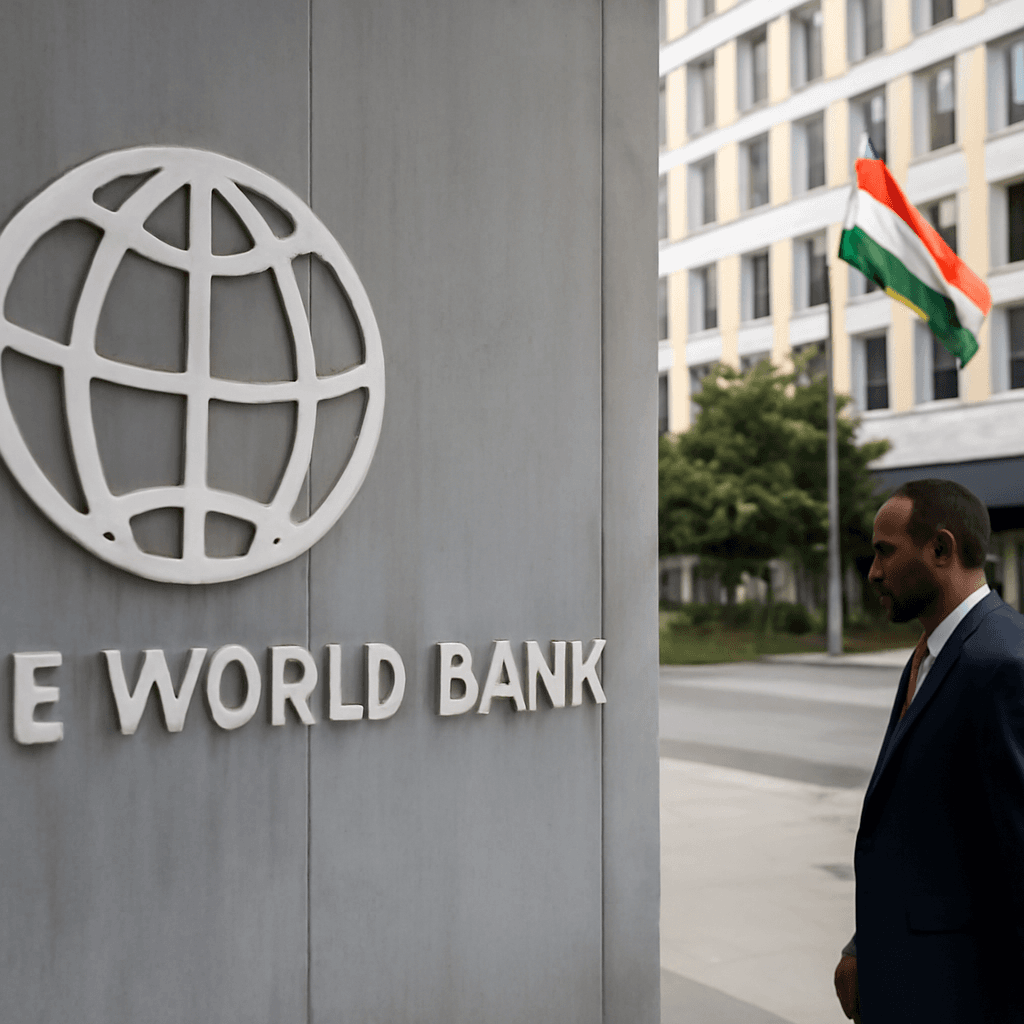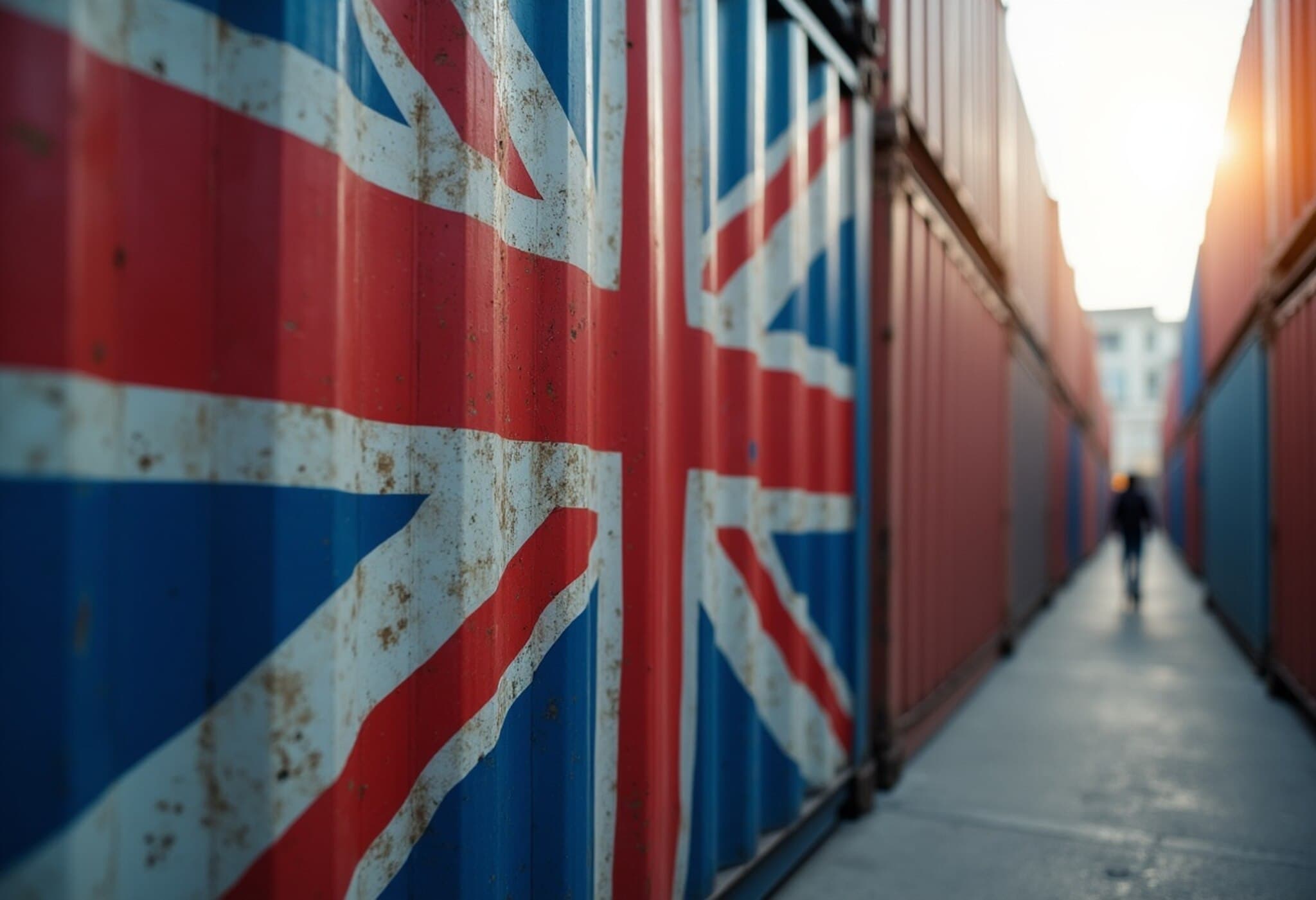UK Economy Faces Steep Contraction in April
The UK economy experienced a significant downturn in April, shrinking by 0.3% month-on-month. This decline follows a modest growth of 0.2% in March and exceeds economists' expectations of a mild 0.1% drop. The contraction underscores mounting pressures from global trade tensions and domestic fiscal policy changes.
Impact of US Trade Tariffs on UK Exports
The downturn comes in the wake of newly imposed international tariffs announced by the United States administration. These trade barriers have sparked widespread uncertainty across business sectors, particularly hitting UK exports hard. Industrial production and services output fell sharply in April, while construction managed to register growth.
The Office for National Statistics highlighted that April recorded the largest monthly fall on record for UK goods exports to the United States, driven by tariff introductions targeting a broad range of goods.
Despite a largely balanced trading relationship, the UK was slapped with a 10% reciprocal tariff from the US. While this is somewhat lighter in comparison to the EU, which faced a 20% levy, the tariffs disrupted trade dynamics and sensing the tension around negotiations.
Domestic Tax Hikes Further Weigh on Economy
Alongside external pressures, UK businesses and consumers are grappling with domestic tax changes that further dampened economic activity. National insurance contributions rose, the minimum pension age increased, and a temporary tax relief on property purchases ended in March.
This latter change caused a dramatic 63.5% drop in residential property transactions in April compared to the previous month, as buyers rushed to beat the expiration of the Stamp Duty Land Tax break.
Government and Economic Experts React
Chancellor Rachel Reeves described the April GDP figures as "clearly disappointing," noting they contrast with government commitments to economic renewal. She emphasized that economic data can fluctuate monthly but acknowledged April presented a particularly challenging environment due to tariff uncertainties affecting both exports and production.
Looking Ahead: Economic Growth Prospects for 2025
Following a strong 0.7% GDP growth in the first quarter—likely frontloaded ahead of tariff implementation—economists now anticipate a slowdown for the remainder of the year. The Bank of England currently forecasts modest annual growth around 1% for 2025.
James Smith, economist at ING, observed that the recent volatility reflects the unwinding of earlier manufacturing surges prior to tariffs. With a softer jobs market and persistent economic uncertainty, growth is expected to slow to around 0.1–0.2% per quarter moving forward.
Summary
In essence, the UK economy is navigating choppy waters amid a blend of international trade tensions and domestic fiscal tightening. While construction remains resilient, key sectors like manufacturing and exports are under strain. This mixed performance sets a cautious tone for the UK's growth prospects in the coming months.



